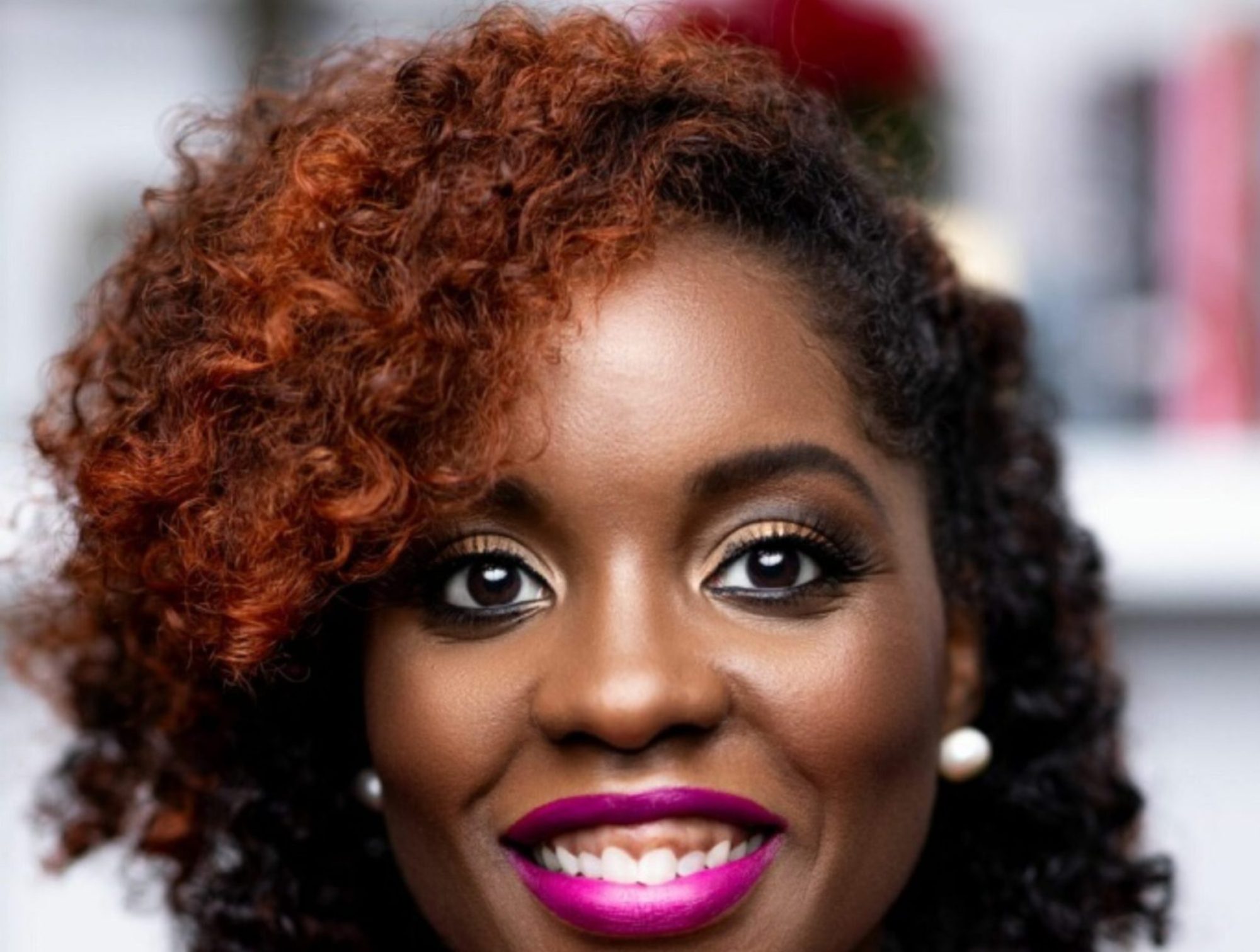
It’s the last day of February—Heart month!
I didn’t want to let the month end without a good post encouraging you to focus on your heart health—after all, I am an internist—who focuses on preventative care. This is what I live for. It’s been a busy month, and I haven’t really had a lot of time to sit down to do this, but if you take a look around the site after reading through this, you’ll see why I couldn’t let this one slide…

So—last year, I gave a talk where I told a bunch of ladies in order to protect their heart they should focus more on their HEART:
Healthy Diet
Exercise
Address your stress
Regular health care appointments
TAKE RESPONSIBILITY!
Healthy Diet
A diet high in whole grains, vegetables, omega 3, 6 sources (seafood) and low in animal fat, saturated fat, simple carbohydrates—white and sugars, sodium is what you want to focus on. The most evidence is on a plant-based diet, but everyone isn’t always ready for this lifestyle commitment. I teach my patients about the healthy plate, one where you have ½ plate of veggies and fruits, ¼ of a lean protein source, and ¼ of a carbohydrate, preferably whole grain. In addition, ways of eating like, intermittent fasting, are showing additional promise.

Our sedentary lifestyle is killing us. We spend times in commute, in front of computers at work, in front of screens to unwind. The amount of television one watches can be correlated with how unhealthy you will expect them to be—why? Because generally, you aren’t moving while you’re doing it.
For a healthy lifestyle, it is recommended 150 min of moderate (walking) or 75min of vigorous (Zumba) cardiovascular exercise weekly; 2 days weekly of strength training. This can be over 5 days or 2 days—just get it in!!
Address your Stress
It is well known that stress is correlated with uncontrolled hypertension and diabetes, which are risk factors for heart disease.
Mindfulness, meditation, counseling, exercise—and, yes, sometimes medication are important ways to make sure you are addressing this important aspect of your health.
Regular Health Care Appointments
Get screened for important risk factors to heart disease and listen to your doctor when they tell you what they are seeing. I can’t tell you how many times I hear, “But Doc, I’ve never had X.” Insert whatever disease they haven’t had until this day and don’t want to have. Guys, you don’ have it until you do. And sometimes, you don’t have, it, and I’m trying to prevent you from having it. Listen to your doctor when they are telling you that they are seeing the signs of disease or the early signs that one may be developing.
Specifically, diabetes, hypertension, and obesity are large contributors. And I realize, no one wants to hear about their weight, and no one wants to be on medications. There’s a way to have the discussion, and I’m totally here for lifestyle modification (see the hyperlink)!! But you can’t fight what you don’t acknowledge.
Which leads to…
TAKE RESPONSIBILITY
You should ask questions in your appointments. If your doctor isn’t telling you about your risk of heart disease, ask to make sure it’s being addressed. Know your numbers, and where they fall in relation to what normal values are, and what that means for your overall health. And ultimately, your doctor, and health care professionals provide the education, but you make the change. MAKE THE CHANGE!! 😊
Heart month image: http://www.kdisanto.com/wp-content/uploads/2012/02/HeartMonth.jpg




